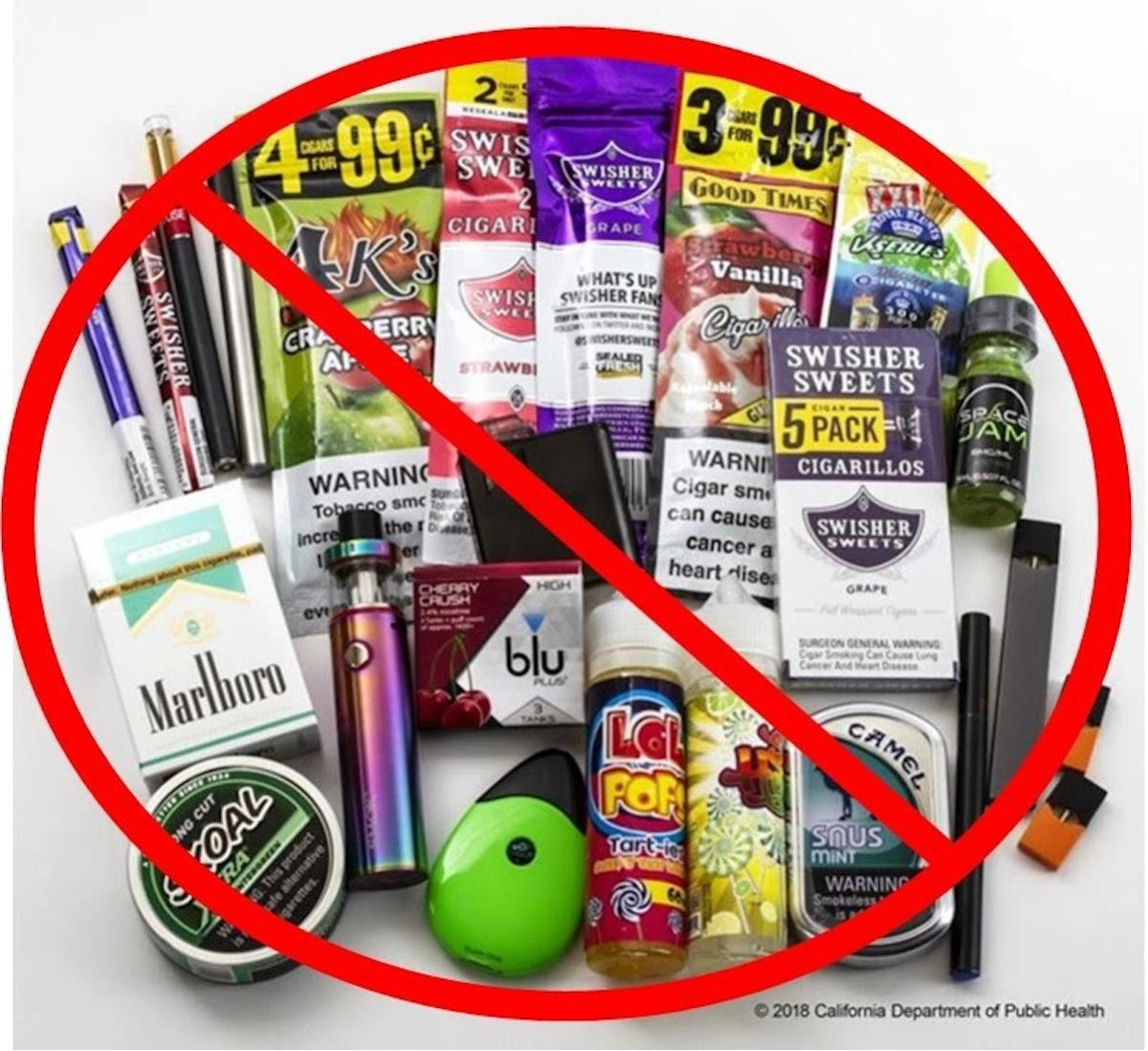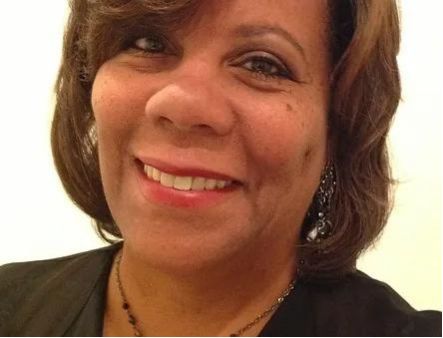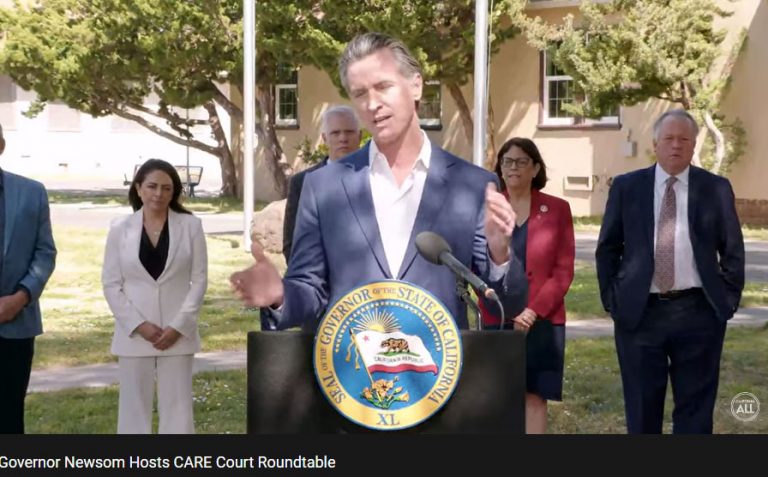
California’s flavored tobacco ban causes mixed feelings among Sacramento locals
by Kelby McIntosh, Contributing Writer
CONCORD, California – It’s one in the morning on the south end of Contra Costa Boulevard at Lucky’s Food & Liquor. Amid a newly stocked wall of brightly colored cigarette boxes, Rashid Malhi, Owner of Lucky’s, has to rework his merchandise in the store.
Malhi says, “retailers need help to adhere to the various bans, which have varying levels of restrictiveness.”
Malhi is just one of many stores feeling the pressure of Senate Bill 793, the ban on flavored tobacco products. “What are they going to do with all the products? They’re waiting for (the California Department of Tax and Fee Administration) to issue tax write-offs,” he said.
Three years ago, advocates for reducing smoking and vaping in California won a significant victory when they persuaded the state Legislature to adopt Senate Bill 793, a ban on the sale of flavored tobacco products, despite an intense industry lobbying campaign. Under the new statewide ban, most flavored tobacco products are banned from being sold. The law exempts hookah, pipes, loose-leaf tobacco, and cigars valued at over $10.
Despite the outcry of tobacco retailers, Black lawmakers argue that the tobacco industry targets African Americans. “The black community has long been subjected to the predatory marketing of mentholated tobacco products,” says Dr. Valerie Yerger, a University of California, San Francisco health policy researcher and founding member of the African American Tobacco Control Leadership Council.
The American Lung Association quantifies the disproportionate harm from menthol cigarettes was responsible for 1.5 million new smokers and 157,000 smoking-related premature deaths of Black Americans. “If menthol cigarettes are allowed to stay in the marketplace, the lives of African Americans and others remain at increased risk,” says Yerger.
A nationwide survey has found that e-cigarettes have been the most popular tobacco product among middle and high school students for the ninth year. Dr. Yerger says, “We can no longer ignore the intersecting, overlapping, and distinctive systems of oppression that shape ‘being black in America’ and how menthol cigarettes contribute to widening health disparities.”
But, despite a statewide ban prohibiting the sale of these products, concerns over the public backlash, political feasibility, and potential cuts to programs funded by tobacco taxes are all factors. As he reflects on his store’s lost merchandise, Malhi says, “The actual issue is that the state rushed to enforce the law.”
“When we look at the need to protect African Americans from the predatory exploitation of the tobacco industry, we need to look at the fact that a menthol ban will protect them,” according to Valerie Yerger, protecting the youth was one of many reasons for and needed the ban on flavored tobacco.
Yerger wrote in the editorial paper, What more evidence is needed? Remove menthol cigarettes from the marketplace—now, “It is long past time for the FDA to get inoculated against whatever the hell is keeping it from getting these deadly products out of the marketplace.”
Because to Dr. Yerger, “It will not only add years to people’s lives, but it will increase the quality of their life.
Valerie B. Yerger, ND is a licensed naturopathic doctor and Professor in Health Policy at the University of California, San Francisco. She is also a founding member of the African American Tobacco Control Leadership Council (AATCLC).





